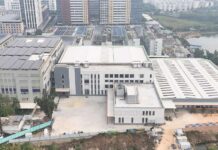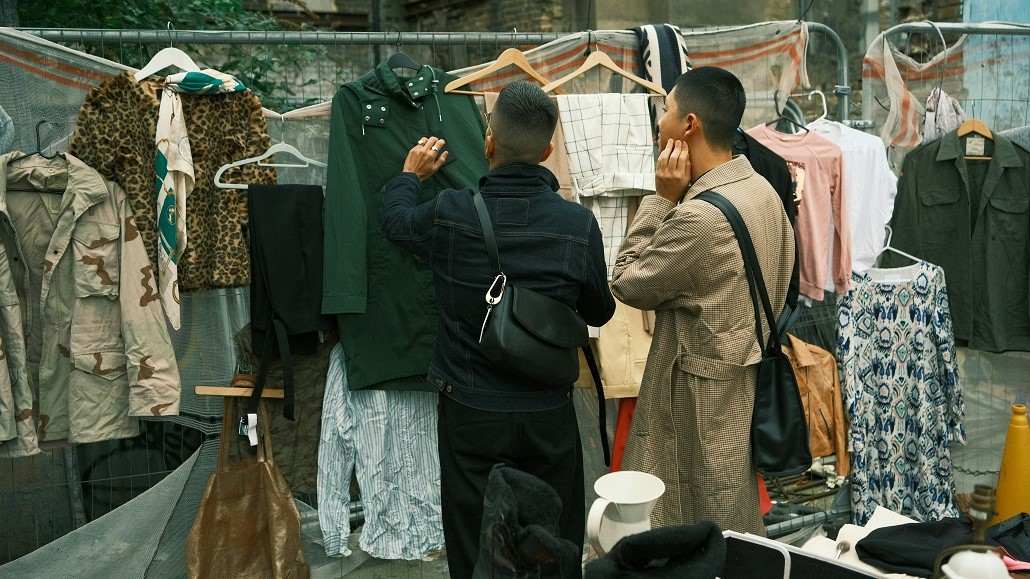A recent report commissioned by Garson and Shaw emphasizes the significant environmental and economic advantages of the second-hand clothing trade between the United States and Guatemala. This study, conducted by Full Cycle Resource, reveals how exporting used clothing not only diverts textile waste from U.S. landfills and incinerators but also fosters job creation, entrepreneurship, and circular economy initiatives in Guatemala.
Lisa Jepsen, the CEO of Garson & Shaw, remarked, “This report is significant because it shifts the conversation from waste to opportunity. It offers concrete evidence that global reuse systems are not only environmentally beneficial but also economically and socially valuable. It highlights the need to integrate international reuse into U.S. waste and circular economy policy.”
The United States ranks as one of the leading producers of textile waste worldwide, with an alarming 85% of used clothing discarded in landfills or incinerated each year. According to the report, Guatemala imported a staggering 131 million kilograms of used clothing from the U.S. in 2023, accounting for 98% of its total second-hand clothing imports. Remarkably, nearly 90% of these garments are repurposed within the country.
Additionally, the report highlights how the second-hand clothing sector in Guatemala promotes gender equity, with nearly 60% of related businesses being owned by women. Imported second-hand clothing is categorized into sorted bales—pre-classified by item type and quality—and unsorted bales, which contain a mix of garments in their original collected state.
Unsorted bales are particularly prized, as they grant local businesses the opportunity to sort clothing based on specific market demands, creating jobs and adding economic value. Jennifer Wang, founder of Full Cycle Resource and the report’s lead author, stated, “Second-hand clothing shipped to Guatemala goes through multiple layers of value extraction by local sorters, retailers, and vendors. In fact, 88% to 92% of clothing is sorted for reuse. What we found is that the activity of sorting locally was not only valued but vital. It adds economic value, creates jobs, and ensures clothing can meet the specific needs of local markets.”
Mario Peña, co-founder and general manager of Central America’s used clothing importer Megapaca, added, “Unsorted bales are the backbone of what we do. They allow us to create thousands of jobs in our sorting centers and stores while enabling us to meet demand across diverse markets and income levels.”
The report also provides recommendations for U.S. policymakers, urging enhanced public education on responsible textile donation and the harmonization of collection regulations to improve textile recycling efforts. Additionally, it emphasizes the importance of incorporating global reuse into new Extended Producer Responsibility (EPR) policies to avoid trade barriers and maintain the quality of second-hand garments.
“To build truly circular economies, the Global North must recognize its role in supporting effective reuse systems. By doing so, we can reduce waste at home and contribute meaningfully to sustainability and economic inclusion abroad,” Jepsen concluded.

































